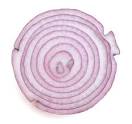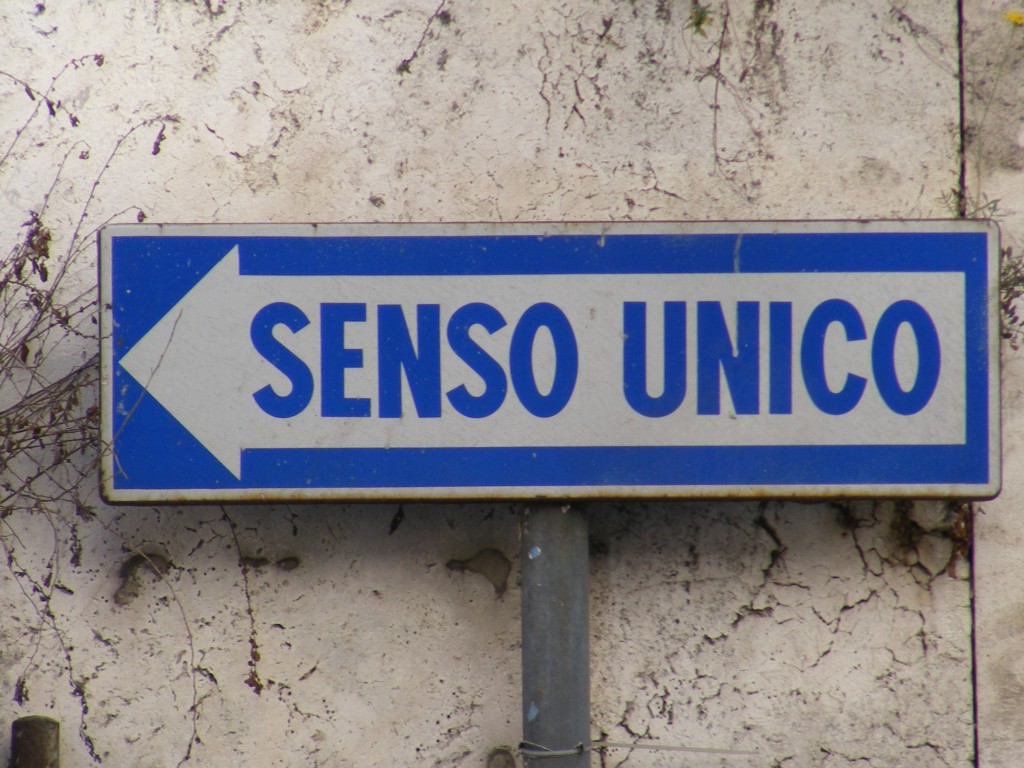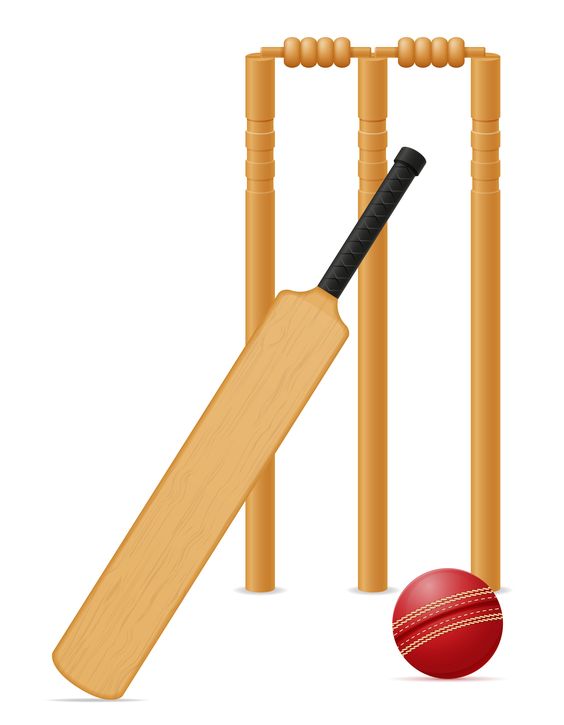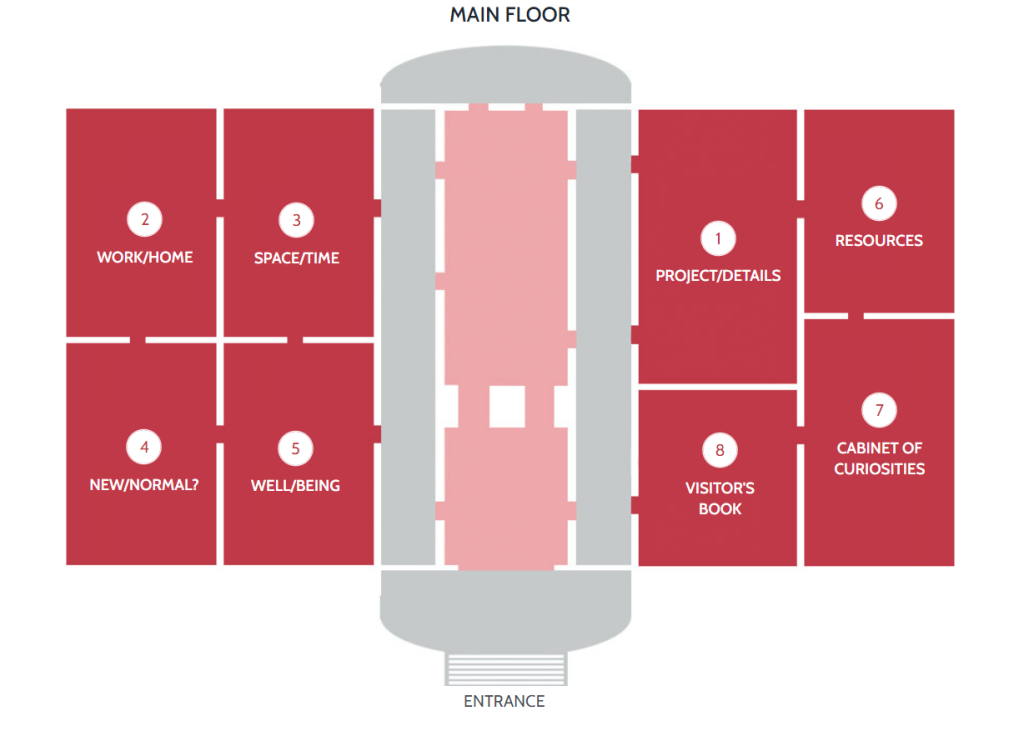
Geof Hill (the Investigative Practitioner) and Ana Duffy
The publication of this blog coincides with the publication of a paper in the International Journal of Academic Writing (Coventry University)
illuminating and exploring the nature of Provenance for practice-led inquiry, and applying it to a creative writer’s practices.
The paper is based on a conversation between a creative writer and a critical friend applying the process of Provenance to assist exploration of the foundations of the creative writer’s practice.
The abstract for the paper is …
This paper aims to interrogate a writer-researcher’s journey through practice-led inquiry (Gray, 1996) within a broader discourse that acknowledges academic writing as contested. Indeed, the quest of a migrant writer for recognition of their writing in another land requires a deep understanding of the many layers that make up the provenance of their writing practice: a second language, and both their cultural identity and literary background, provide layers of knowledge and experience that fuse to form a ‘style’ and ultimately a writing ‘niche’. The readership of their writing carries its own provenance and therefore the additional bias of ‘the home ground’.
As it reads in the title, palimpsest, in its figurative sense, is a notion that implies levels of meaning in a literary work. Although not the first writer to use the concept figuratively, it was Thomas De Quincey who wrote an essay entitled “The Palimpsests” (1845), which would inaugurate “the substantive concept of the palimpsest” (Dillon, 2005, p.243). Similarly, Barthes (1989, p.99) referred to a text as a layered discourse, “an onion, a superimposed construction of skins (of layers, of levels, of systems) whose volume contains, finally, no heart, no core, no secret, no irreducible principle, nothing but the very infinity of its envelopes — which envelop nothing other than the totality of its surfaces”. As a writer surfaces, discriminates and understands the different layers that fashion their writing, and wields their particular use of English as a second language, their practice becomes more authentic. That authenticity becomes a dual threshold element of an exegesis argument, representing faithfulness to the practitioner, and translating or bridging the gap between first language readers and second language voices.
If you would like a copy of this paper, please contact me on geof@bigpond.com
This paper provides an insight into how Provenance
(supervisorsfriend.wordpress.com/2019/10/16/practitioner-inquiry-and/)
can unlock a sense of feeling blocked in your inquiry. The setting for the paper is a coffee meeting with my colleague Ana Duffy over her Master’s in Creative Writing. What started out as a meeting to explore why she had writer’s block, revealed elements in her provenance that then fed into her identity as a writer,
(supervisorsfriend.wordpress.com/2023/05/21/developing-a-doctoral-candidates-academic-voice/)
and provided the substance for this paper.
We believe that the paper makes a contribution around new forms of academic writing, but equally, the backstory of getting this paper published is also important in terms of resilience and the ability to defend one’s argument.
The article was initially submitted to a Creative Writing journal and rejected because it was too academic. Undeterred, we chose a different journal and repositioned the paper. In this one we focused more on our writing representing a new form of academic writing. The paper was again rejected, but on the basis that academic writing did not include creative writing.
We decided to challenge this assumption and resubmitted the paper with a reworked introduction that explained how creative writing was being seen as academic writing in certain forms of practice-led inquiry.
We did this with the inclusion of two paragraphs:
Academic writing is a contested construct. What counts as academic writing has changed consistently since academics first wrote. One major change was in response to what is referred to as the ‘paradigm wars’ (Guba & Lincoln, 1982) in the wake of new ways of undertaking research. Specifically, new research practices that emerged following the paradigm wars, such as practitioner inquiry (Stenhouse, 1981), first person action inquiry (Reason & Marshall, 1987), autoethnography (Ellis & Bochner, 1996) and Practice-led inquiry (Gray, 1996) brought with them changes in the ways in which research was written. Some of these changes embraced alternate modes of writing – such as creative writing – as a way of giving voice to inquiry authors (Galvin & Prendergast, 2016).
This article is written from this new academic writing edge, presenting practice-led inquiry emerging from an academic’s reflection on her practice and consideration of the critical incidents that informed not only her practice, but the way in which she wrote about that practice. The article is presented as a conversation between the practitioner and her critical friend (Stieha in Coghlan & Brydon-Miller, 2014), as chapters in a larger narrative or creative non-fiction.
In resubmitting the article, we drew the editors’ attention to an Omundsen (2012, p. 4) citation in our paper that argued:
distant reading’—reading texts from cultural traditions very different from one’s own—calls on a certain openness, a willingness to suspend disbelief, to postpone judgement, and to acknowledge the limits to one’s own cultural literacy. Playing in the space between the familiar and the unfamiliar has its own rewards, and it is this space that many transnational writers have made their playground.
and suggested that the editors had reviewed our submission from this cultural limitation.
This challenge to the editor decision made all the difference in the world!
The editors not only accepted the paper but one suggested…
‘So glad your paper is in the issue, I really liked it and so did the editorial board. So many interesting points raised, I’ve thought about it quite a lot since reading it.’
The moral of the story is that argumentation is not only necessary to defend your dissertation
(supervisorsfriend.wordpress.com/2018/12/19/viva-centred-research-supervision-defending-the-thesis/)
but can be useful at any time. In fact, defending your argument is one of the competencies that arises from a doctoral investigation.
………………….
De Quincey, T. (1845,1998) ‘The Palimpsests’, in Thomas De Quincey: Confessions of An English Opium Eater And Other Writings, ed. Grevel Lindop (Oxford: Oxford University Press, 1998), p. 104. 14
Dillon, S. (2005). “Reinscribing De Quincey’s palimpsest: the significance of the palimpsest in contemporary literary and cultural studies”. Textual Practice, 19(3), 243– 263. https://doi.org/10.1080/09502360500196227
Galvin, K.T. and Prendergast, M. (Eds.) (2016). Poetic Inquiry II – Seeing, Caring, Understanding: Using Poetry as and for Inquiry. Sense Publishers: Rotterdam.
Gray, C. (1996). Inquiry through practice: Developing appropriate research strategies. No Guru, No Method? Discussions on Art and Design Research, Helsinki, Finland: UIAH.
Ommundsen, W. (2012). Transnational imaginaries: reading Asian Australian writing. Journal of the Association for the Study of Australian Literature, 12 (2), 1-8.









